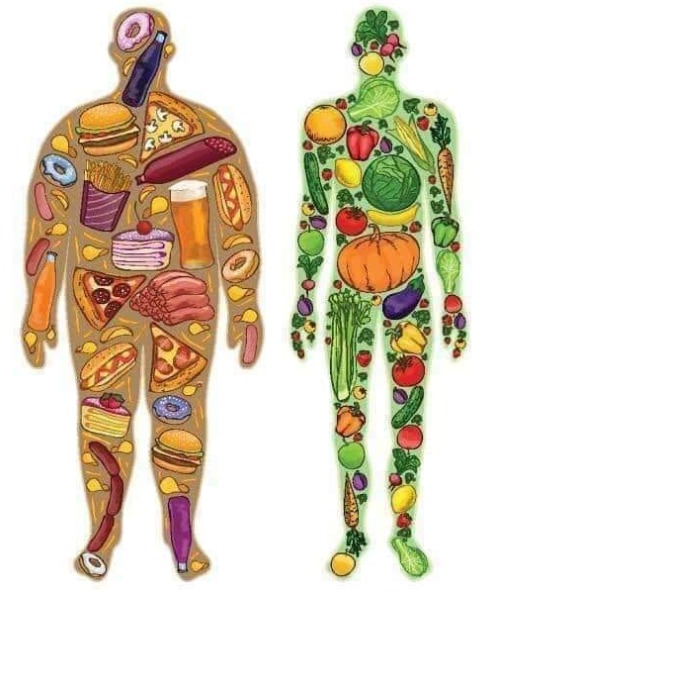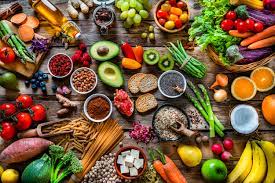Renal Nutrition
renal diet or renal nutrition
Nutrition, lack of or too much is now a growing problem worldwide. Balanced nutrition is pivotal to our health. Some of the kidney diseases like Diabetic Nephropathy, or Hypertension related kidney disease, depend on good, healthy and balanced nutrition to maximize the ability of the medications to preserve the kidneys. The diet for Chronic Kidney Disease, CKD, is totally different from the diet for Hemodialysis, HD, and totally different from the diet for Peritoneal Dialysis, PD.
Renal Nutirition is part of the healing. Chronic kidney disease (CKD) affects the kidneys’ ability to filter waste and fluid from the blood. Patients with CKD often need to follow a renal diet to manage their condition effectively. This diet aims to reduce the workload on the kidneys and maintain overall health. It involves controlling the intake of certain nutrients, such as sodium, potassium, phosphorus, and protein. Sodium, found in salt, can increase blood pressure and fluid retention, so it’s essential to limit it. Potassium, present in many fruits and vegetables, needs moderation to avoid heart rhythm problems. Phosphorus, abundant in dairy and processed foods, should be limited to prevent bone and heart issues. Protein intake may need adjustment based on the stage of CKD and individual health needs. A dietitian can help tailor a renal diet plan according to specific requirements. Besides food choices, portion control also plays a crucial role in managing CKD. Drinking enough water is important, but excessive fluid intake should be avoided to prevent swelling. In summary, the renal diet for CKD focuses on controlling nutrients to support kidney function and overall health.
BON APETIT! From: The Virtual Nephrologist
P.O. Box 1750
Lynn Haven, FL 32444 – 5950
United States of America
e-mail: info@TheVirtualNephrologist.com
tel : +1 (929) 379.6953
fax: +1 (850) 914.3004


